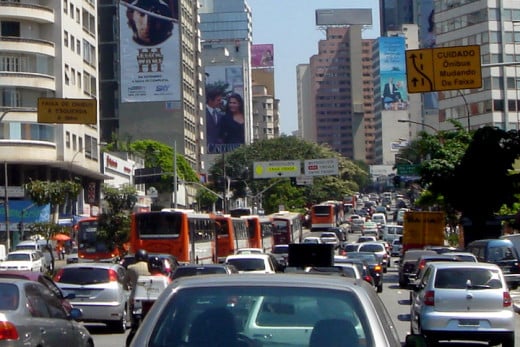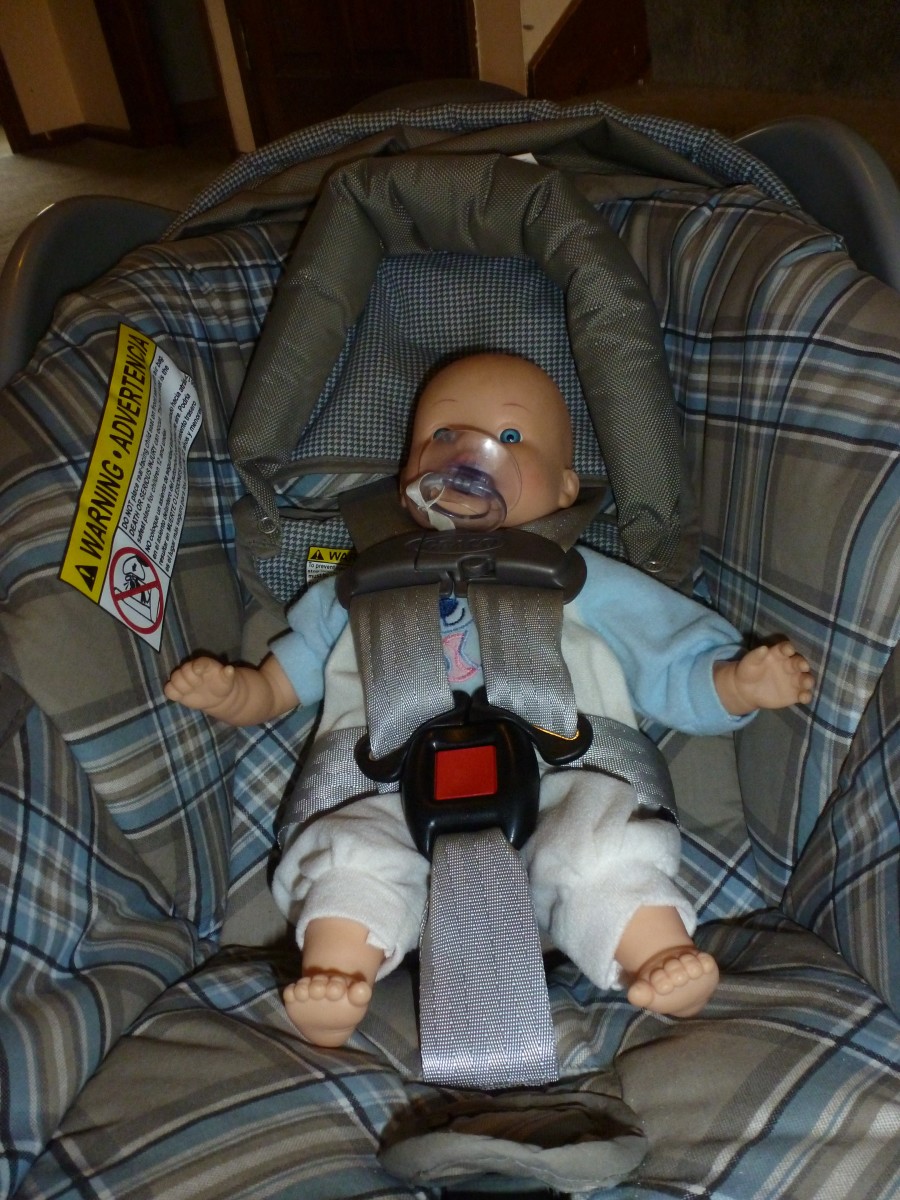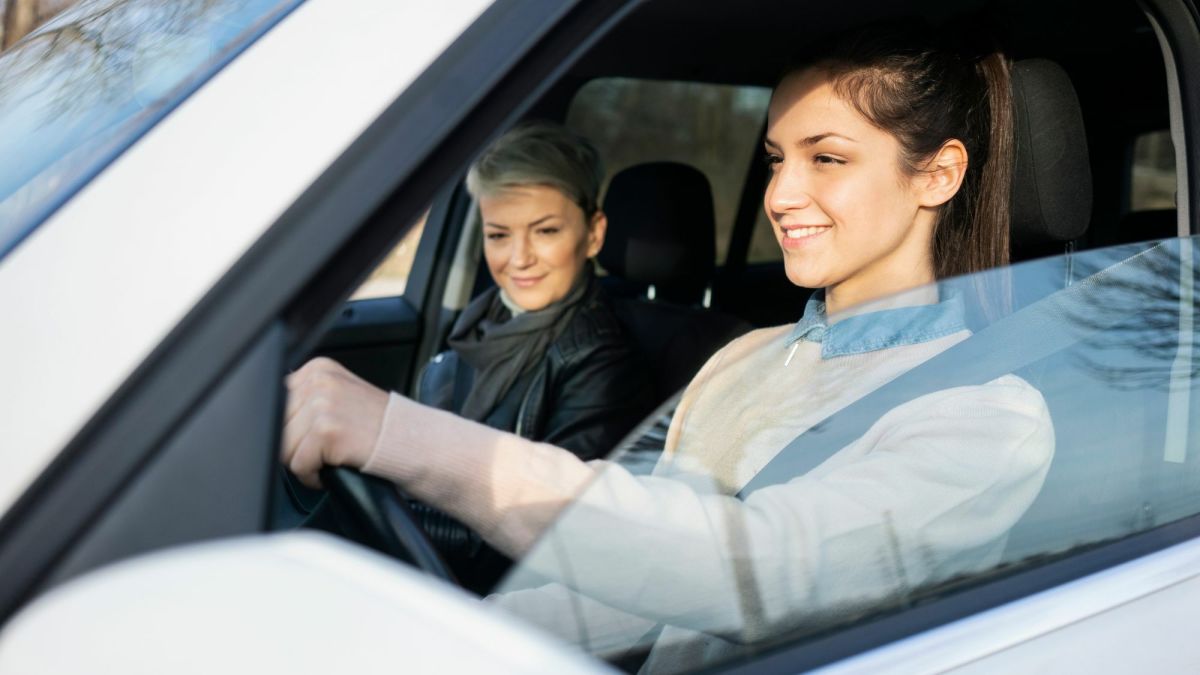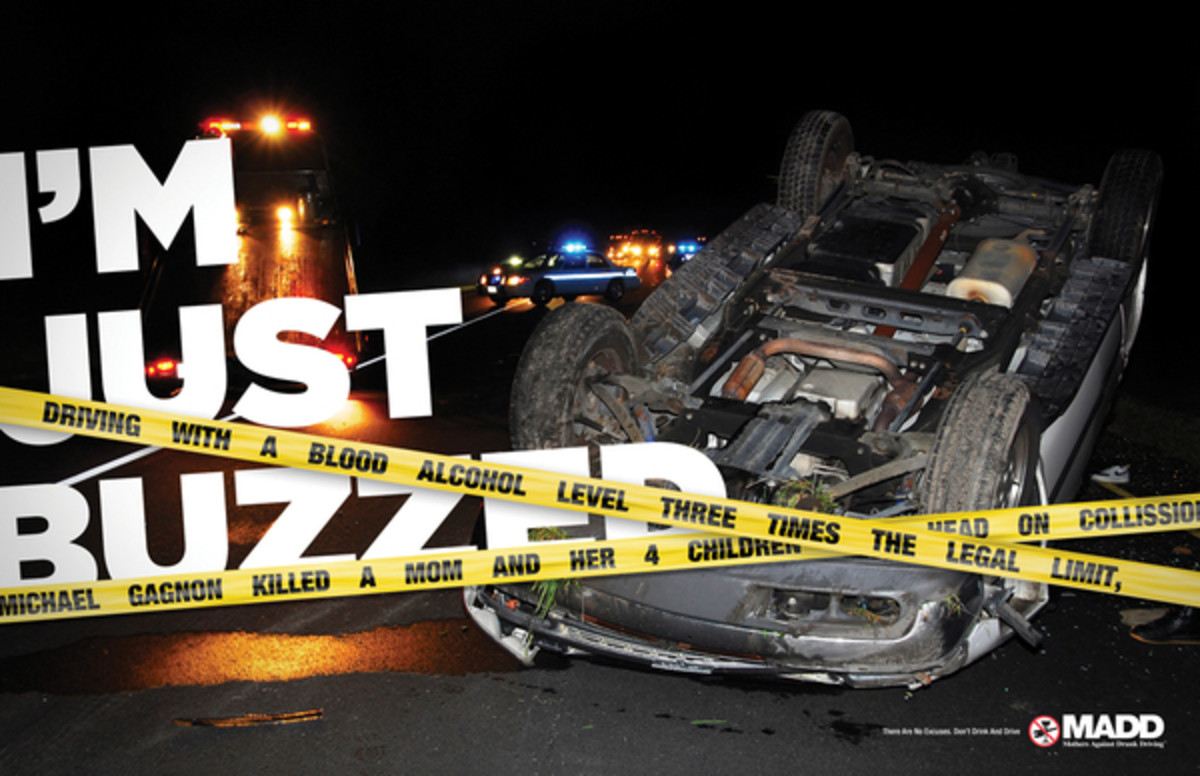How To (Safely) Amuse Yourself In Bad Traffic
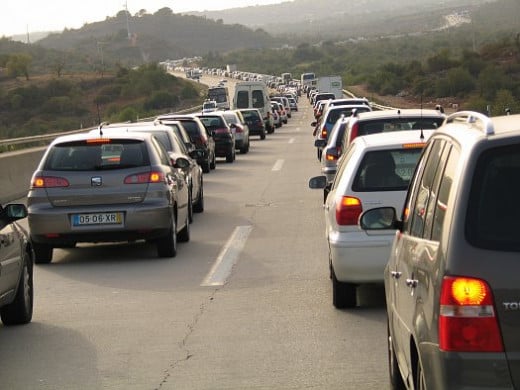
The Challenge: A Terrible Commute
I’ve spent a lot of my life stuck in traffic. I currently live near Washington D.C. which is, according to the Weather Channel, the second worst city in the country for bad traffic. I only live ten miles from my job, but my daily commute is 45-60 minutes each way for a total of 90-120 minutes spent in the car daily. When I first moved here I looked eagerly for public transportation or carpool options, only to be defeated at every turn. There is a complicated walk/train/bus transfer option but it is estimated to take about 90 minutes each way, which would bring my total commuting time up to 180 minutes daily. No, thank you. I registered with a carpool matching service but no one seems to work hours similar enough to mine to be a good match. So I have resigned myself to the daily commute and have instead looked for ways to make the experience more positive.
The challenge with entertaining yourself during bad traffic is that you have to do it safely. Your entertainment needs to leave your hands free for the steering wheel, your eyes on the road, and can’t take up too much of your attention. Most of what I have come up with relies on my sense of hearing. I suppose I could entertain myself by snacking, but that would become a significant detriment to my health. So I had to come up with some other ways to preserve my sanity. Below is my list of ways to safely entertain yourself in bad traffic.

The Solution: 8 Safe Ways to Stay Calm and Happy
- Listen to the news on the radio. I used to use this as my primary way of occupying my mind while driving. I still tune in periodically. However it isn’t my favorite. Too often the news is frustrating or depressing, which leaves me in a poor state of mind to begin my workday. Also commercials are very irritating.
- Listen to music. I suppose most people do this, since every car I have ever ridden in comes equipped with at least a radio. I find that music can be a pleasant accompaniment to long car trips with good traffic, but that it doesn’t help much when traffic is ugly. The one exception, for me, is religious music, which I will often listen to in the morning. I tend to listen to CD’s and mp3 playlists, because I really don’t like to listen to commercials. I am careful to keep to upbeat music, nothing that would be hypnotic or sedating.
- Learn a language. I used a portion of my driving time a few years ago to brush up on my Spanish speaking skills. I had learned Spanish originally in high school and college, but I don’t have many opportunities to practice. I found an all-audio course on CD and played the CD’s through while driving too and from work. I was pleasantly occupied and felt productive at the same time. My Spanish skills did improve. I am not sure this is a good idea with a language you haven’t previously studied. After my Spanish success I attempted an all-audio Japanese course. I found that too much of my attention was going to the language learning process and I didn’t think that was safe, so I stopped.
- Study for work. I don’t actually like this one as much myself, but I include it because several of my colleagues have done well with it. There are many audio programs that can be downloaded for medical education. I presume there are audio programs that would be appropriate for other fields as well. However, as with Japanese, I found this absorbs too much of my attention and I feel unsafe driving. So I save my studying for evenings and just try to enjoy my commute.
- Listen to an audio book. This has become one of my favorite ways to pass time in traffic. For about $25 I can purchase an audio recording of a favorite book and get about 30 hours of listening pleasure. That covers about three weeks of commuting. I actually have a large number of audio books that I previously purchased for a lengthy trip and then didn’t listen to, so I haven’t actually had to buy anything. I typically listen to books I have already read and enjoyed. I find that this way I can listen to the book but still have plenty of attention left over for traffic conditions.
- Download and listen to podcasts. Some of my favorites are “Wait Wait Don’t Tell Me” (http://www.npr.org/programs/wait-wait-dont-tell-me/); “On Being” (http://www.onbeing.org/); and “This American Life” (http://www.thisamericanlife.org/). Podcasts generally run about 45-60 minutes and work well for a one-way trip. I like podcasts that get me thinking about different things and I often find that new ideas for writing are sparked in my mind while I am listening. That has it's own problems, as I have yet to find a safe way to scribble down ideas while driving. The best I have come up with is carrying a notebook in my purse and doing some mad note taking as soon as I am parked.
- Talk to friends on the phone, using a hands free device. This one is a little trickier in terms of safety. I often use my afternoon commute to catch up with my family and friends, since it is quiet time in which I can not be interrupted by my toddler, who has a genius for acting up as soon as Mommy is on the phone. However, to do this safely you need to ensure you have a hands free device, set up your call before you start driving or have a phone that dials for you (I don’t), and resist the temptation to make a second call if the first finishes before you arrive. Keep your eyes on the road at all times, not on your phone. Absolutely no text messaging. And I strongly recommend only calling people with whom you can have pleasant, chatty conversations. Intense and emotional conversations, which produce arguing or crying, are not good for your driving abilities or for the safety of those around you.
- Think or pray. My hours spent driving are some of the few uninterrupted, quiet hours I have. So I try to use them to think or to pray. I don’t use them to meditate, because I need to leave my attention focused on the road and other drivers. I do sometimes practice offering a blessing to other drivers around me, which works amazingly well for calming me and lifting my own mood if nothing else.
Attention to Safety
Please note that these distractions are not a good idea if road conditions or visibility are poor. If I have to drive in the snow, rain or fog I am driving in silence. I also suggest turning off distractions if you are driving a new or unfamiliar route so that you can pay attention to road signs, turns and new traffic patterns. As noted in several places above, you have to choose activities that leave you with enough attention to spend on your driving. Different conditions require different amounts of attention, so think it through. Essentially, I am saying to use common sense and please remember that when you are driving you are operating a heavy piece of machinery at high speeds, so do so carefully.
Using these techniques has turned me from a tense, grumpy, angry commuter into a more relaxed, cheerful, considerate driver. I arrive at work in a better mood and I arrive home in the evenings less exhausted. What are some things you do to improve your commute?
